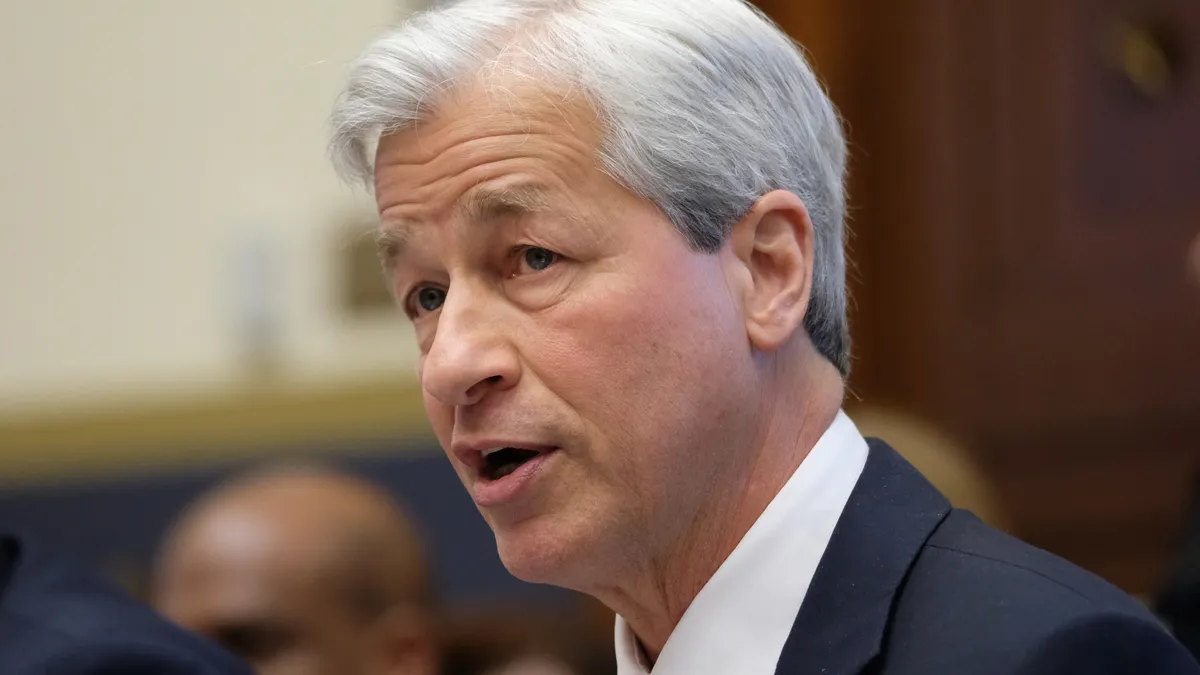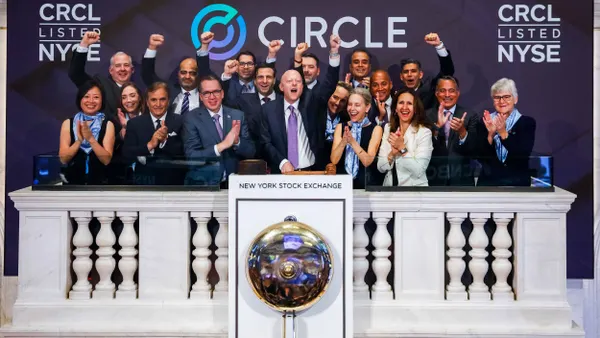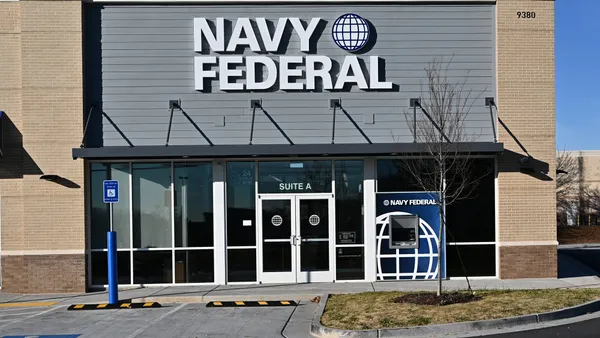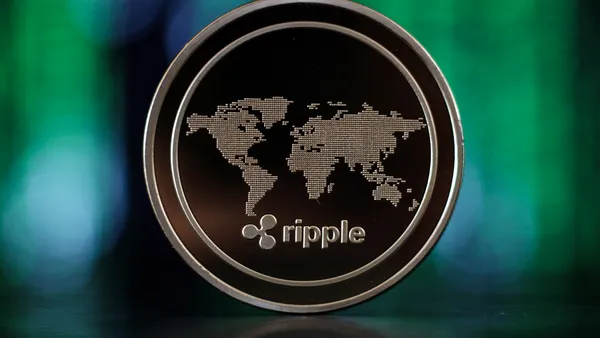Dive Brief:
- JPMorgan Chase stands to lose $1 billion as a result of Russia’s ongoing invasion of Ukraine, CEO Jamie Dimon wrote in his annual letter to shareholders Monday.
- Despite the conflict’s impact on the bank’s bottom line, Dimon said the U.S. should implement tougher sanctions against Russia and direct billions of dollars in aid to Ukraine, and called for an increased U.S. military presence in Europe, in response to Russia’s actions.
- Dimon also touched on mergers in his letter, saying consolidation in the banking sphere is inevitable. "I would expect to see many mergers among America’s 4,000+ banks — they need to do this, in some cases, to create more economies of scale to be able to compete," he said.
Dive Insight:
As JPMorgan follows Western directives in implementing sanctions against Russia, Dimon said he is not worried about direct exposure to the invading nation. However, the U.S.’s largest bank "could still lose about $1 billion over time," he wrote Monday.
That's far from the steepest loss a U.S. bank risks from ties to the country. Citi warned investors in February it had $9.8 billion in exposure to Russia at the end of 2021 — although an executive later clarified at an investor day the bank could lose “a little less than half of that” under a "severe stress scenario.”
JPMorgan in mid-March became the second U.S.-based Wall Street bank (after Goldman Sachs) to confirm it is pulling back on its Russia-related business.
“We have been actively unwinding Russian business and have not been pursuing any new business in Russia,” the bank said in a statement last month.
Russia was not listed among the bank’s top 20 markets in terms of exposure, according to a recent regulatory filing.
Still, Dimon expanded on the unfolding conflict Monday in his 44-page letter, which is typically closely watched in the financial sector.
"America must be ready for the possibility of an extended war in Ukraine with unpredictable outcomes," Dimon wrote. "We need to pursue short-term and long-term strategies with the goal of not only solving the current crisis but also maintaining the long-term unity of the newly strengthened democratic alliances."
The bank is working closely with governments to implement policies and directives that align with sanctions against Russia, Dimon said, calling the process "an enormous undertaking" that is completely different from navigating a financial crisis or recession.
"This entails sanctioning individuals, including their ownership of assets and companies; reducing exposures across multiple products and services; analyzing and stopping billions of dollars of payments as directed by governments; and many other actions," he wrote.
Russia’s invasion of Ukraine, along with the ongoing impact of the COVID-19 pandemic and inflation, are factors whose confluence "may dramatically increase the risks ahead," Dimon said.
"While it is possible, and hopeful, that all of these events will have peaceful resolutions, we should prepare for the potential negative outcomes," he wrote.
Dimon also warned the current sanctions against Russia "will slow the global economy," but called for the U.S. to increase such sanctions "in whatever way national security experts recommend to maximize the right outcomes."
"[T]here are many more that could be imposed," he wrote, calling for the "Russia challenge" to be confronted with bold and bipartisan solutions.
"We need to think broadly because whatever we do will not only help determine the fate of the war in Ukraine but likely will determine the ability of the Western democratic world to address critical future challenges," he wrote. "We also need to ensure that the Western coalition remains economically competitive on the world stage. The better America performs as a country in dealing with Russia now, the easier it will be for us to engage with the rest of the world, including China, going forward."
Dimon also addressed what he called the "precarious nature of the global energy supply," and called for a "Marshall Plan" to ensure energy security for the U.S. and its European allies amid the conflict.
"Our European allies, who are highly dependent on Russian energy, require our help," he wrote. "For such a plan to succeed, we need to secure proper energy supplies immediately for the next few years, which can be done while reducing CO2 emissions."
Mergers inevitable
Dimon, who is known to frequently share his thoughts regarding competition the bank faces from nonbanks and fintechs, addressed the growth of the sector in Monday's letter.
"Neobanks, now with over 50 million accounts, bypass the Durbin Amendment and so earn higher revenue per debit swipe — and they don’t have to abide by certain other regulatory or social requirements," he wrote.
He also said some business tie-ups across the sector are a given.
"It seems unlikely to me that all the banks, shadow banks and fintech companies will thrive as they strive to take share from each other over the next decade," he said. "Other companies will try different strategies, including bank-fintech mergers or mergers just between fintechs. You should expect to see some winners and lots of casualties — it’s just not possible for everyone to perform well."














